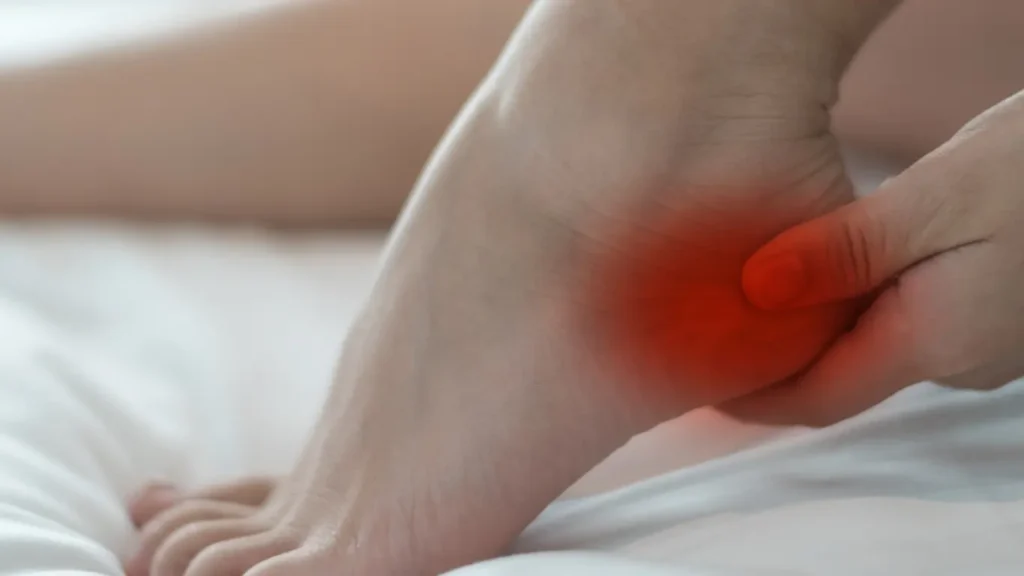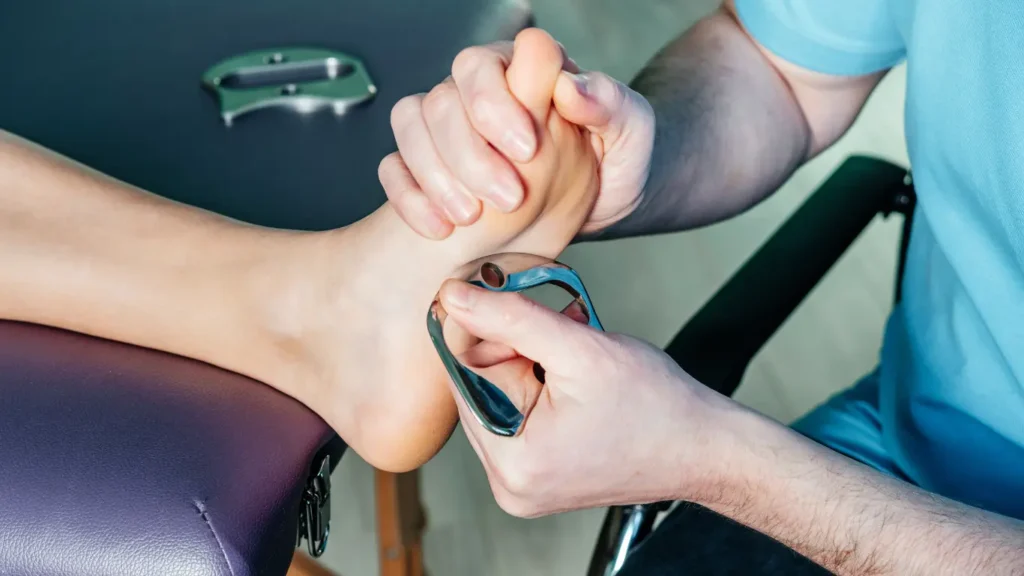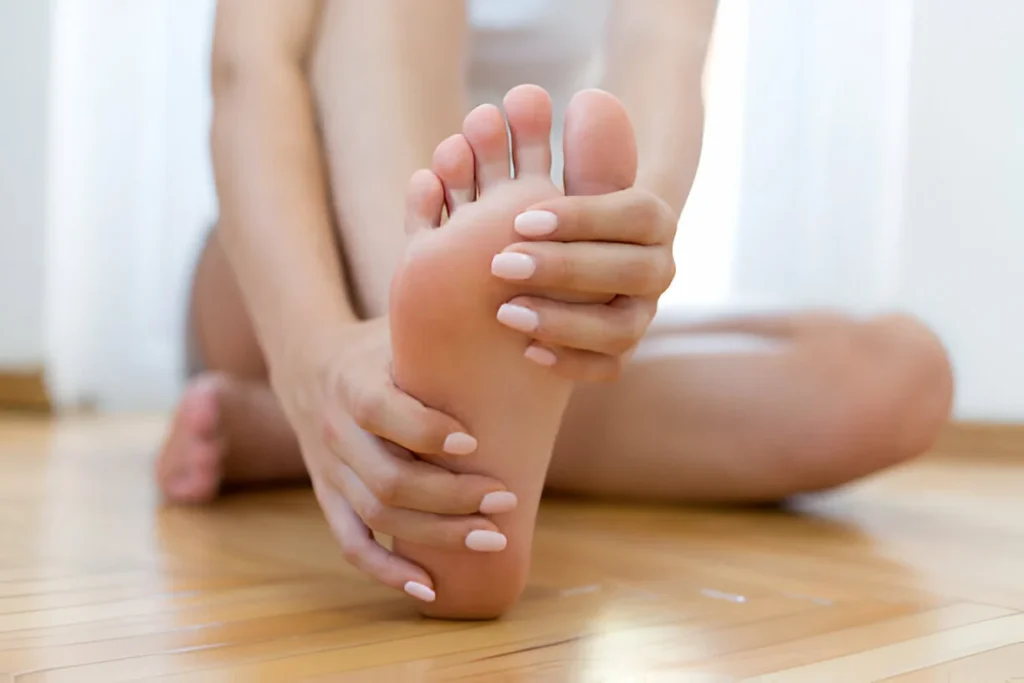Plantar fasciitis is a common foot condition that causes pain and discomfort in the heel and bottom of the foot. It occurs when the plantar fascia, a band of tissue that connects the heel bone to the toes, becomes inflamed or irritated. Fortunately, there are several effective ways to treat plantar fasciitis and alleviate its symptoms. In this blog, we’ll explore some easy methods to manage plantar fasciitis, along with expert advice from Platte River Foot and Ankle Surgeons in Omaha and other cities of Nebraska.
Understanding Plantar Fasciitis
Prior to exploring treatment choices, it’s crucial to grasp the origins and indications of plantar fasciitis. This ailment typically arises from repetitive stress or excessive use of the plantar fascia, causing minor tears and swelling. Typical signs encompass heel discomfort, particularly upon waking or following extended periods of inactivity, foot stiffness, and discomfort intensifying with movement.

Stretching and Strengthening Exercises
Gentle stretching exercises can help loosen the tight muscles in the foot and calf, relieving tension on the plantar fascia. Some effective stretches include calf stretches, towel stretches, and plantar fascia stretches. Strengthening exercises, such as toe curls and marble pickups, can also improve foot stability and support.
Seeking effective plantar fasciitis treatment in Omaha or elsewhere? Contact Platte River Foot and Ankle Surgeons!
Orthotic Inserts and Proper Footwear
Orthotic inserts or shoe inserts offer extra support and cushioning to the arch of the foot, lessening pressure on the plantar fascia. Selecting supportive footwear with proper arch support and cushioning is important for handling plantar fasciitis. Refrain from wearing high heels or shoes lacking support, as they may worsen the condition.
Night Splints and Braces
Night splints are tools worn during sleep to maintain the foot in a dorsiflexed stance, elongating the plantar fascia and Achilles tendon throughout the night. This may aid in alleviating morning discomfort and rigidity linked with plantar fasciitis. Likewise, donning a brace or sleeve during the daytime can offer supplementary support and steadiness to the foot.
Physical Therapy
Seek guidance from a physical therapist for tailored exercises and methods aimed at fortifying foot muscles and enhancing flexibility. Physical therapy is also beneficial for tackling fundamental biomechanical problems associated with it.
Seeking effective plantar fasciitis treatment in Omaha or elsewhere? Contact Platte River Foot and Ankle Surgeons!
Your Foot and Ankle Specialists in Omaha and other cities of Nebraska
Here at Platte River Foot and Ankle, our foot and ankle specialists and physical therapists in Omaha are dedicated to helping you find relief from plantar fasciitis and other foot and ankle conditions. We offer comprehensive diagnosis, treatment plans tailored to your individual needs, and advanced technologies to ensure your recovery journey is as smooth and effective as possible.
Here are some reasons to choose Platte River Foot and Ankle Surgeons for your plantar fasciitis treatment:
- Experienced and Caring Professionals: Our team of foot and ankle specialists in Omaha possess extensive experience in treating plantar fasciitis and other foot and ankle conditions.
- Comprehensive Treatment Options: We offer a wide array of treatment options, ranging from traditional methods like physical therapy and personalised orthotics to cutting-edge therapies. Our aim is to identify the best approach tailored to your specific requirements.
- Commitment to Patient Education: We believe in empowering our patients with knowledge. We will thoroughly explain your diagnosis, treatment options, and the healing process.

Conclusion
Plantar fasciitis can pose challenges, but with treatment guidance from specialists in foot and ankle care, it can be overcome. Incorporating periods of rest, stretching exercises, wearing supportive shoes, and receiving expert care can help alleviate symptoms and aid in your recovery process. It’s crucial to consult with healthcare professionals who can provide personalised advice and treatment options that suit your individual needs. With persistence and commitment, you can effectively manage and regain foot health and mobility.






